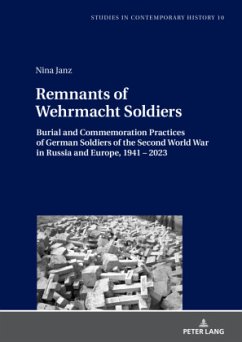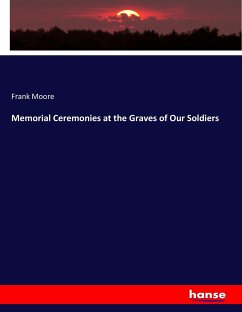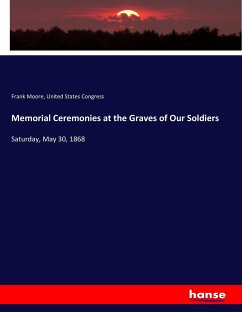Today, fallen soldiers of the Second World War find their resting places across the globe. While many nations openly honor their military, Germany maintains a more reserved approach to its war dead. During the war, fallen soldiers were hailed as heroes, but after 1945, the treatment of the deceased and their graves underwent a profound transformation. Janz, focusing on the Eastern Front during wartime and then the post-war Soviet Union and Russian Federation, explores this transformation through three key moments: 1. the treatment of the bodies, burial practices, and exhumations; 2. the burial sites, including cemetery construction and design; and 3. the realm of commemoration, encompassing memorial ceremonies and rituals. These rituals evolved from the hero worship of Hitler's Wehrmacht to the mourning and reconciliation policies of the post-war West German government with Russia. This study offers an examination of the German military dead amidst controversies surrounding Wehrmacht soldiers and their challenging commemoration in the present day.








